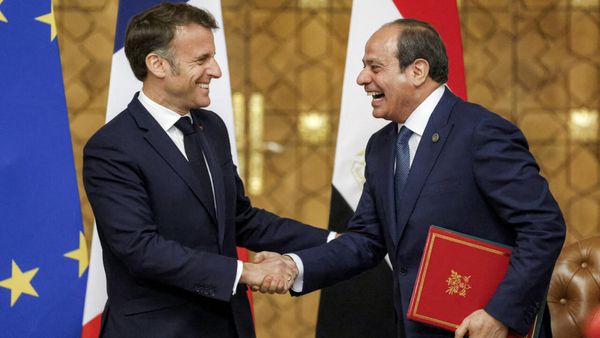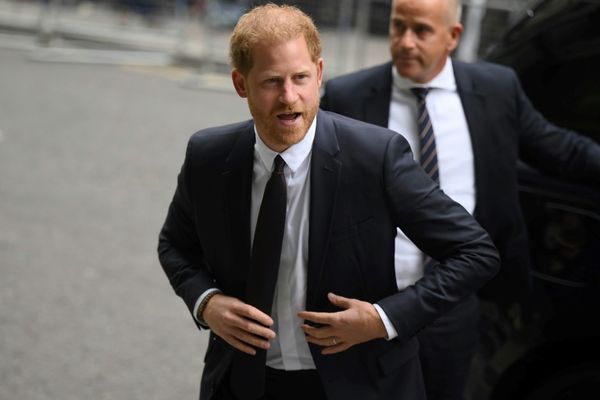If you were forced to choose between your passion, and yourself … how would you decide?
At 19, Zee Schorsch should be just starting on their journey as a football athlete.
Zee works in the footy industry and plays at a state level.
Zee is also non-binary; they don't identify as either a man or a woman, so finding their place in a sport that is strictly divided by gender has not been an easy feat.
"It is definitely hard exploring your gender when sport is so binary … you're either in a male team or in a women's team in most competitions," they said.
Up to this point, Zee has played for a local team in the women's competition, but current AFL policies leave them to make a difficult choice.
Like many other trans and non-binary people, Zee wants to undertake gender-affirming hormone therapy; a common medical process that involves the administration of low-dose testosterone in order to help Zee look more like how they feel on the inside.
"For me, I feel a lot more comfortable presenting myself masculine, and I think I have to embrace that," they said.
"When I am confident about it, I love it, because it's what makes me, me."
But AFL has strict rules about players taking testosterone, even at the level of community clubs. If Zee starts the process, it is likely they'll have to quit footy.
"Taking testosterone in a women's comp pretty much means that you're not able to play because you'd probably go over the top limit for testosterone in a women's competition," they said.
'We just want to join in'
While Zee has a big personality, physically they are quite a small person, so playing in the men's competition alongside much bigger people could put them in a dangerous position.
"I feel most comfortable playing in a competition with women just based on my size, my strength and my ability," they said.
"I don't have the same size as a cis[gender] man would … I'd probably get crushed in the men's comp."
Zee understands the challenges in maintaining fair competition; they'd be happy with just being able to participate at a community level.
"We just want to join in and be included, and get the positive impacts that everyone gets out of sport," they said.
The future of footy policy
Recent years have seen gender-diverse inclusivity come a long way in AFL policy, however people in similar situations to Zee's are still falling through the cracks.
Troy Kirkham from the WA Football Commission said all footy clubs, including those at the community level, are governed by broader national and international anti-doping groups.
"Any administration of testosterone needs to be approved through the Australian Sports Drug Medical Advisory Committee," he said.
"It all comes down to the level of testosterone in the body and the amount that's being administered, particularly in a female competition, and whether that's above the normal range of what's been allowed."
Mr Kirkham said the conversation was one that was rapidly evolving. It is possible policies around hormone administration may change in the future.
"We just want to make sure that the integrity of the competition's maintained, while also making sure that we're really inclusive as a game," he said.
The power of inclusive policy
One sport that is known for its exceptional gender inclusivity is roller derby. It has long been an athletic safe haven for gender-diverse people.
In WA's Great Southern, Natalie Jarvis is president of Albany's Roller Derby League; a club that has taken active steps to make sure team members feel able to express themselves authentically.
"[We] just don't see it as a big deal; you play with the people that you feel comfortable with [and] with the identity that you feel is best for you," Natalie said.
"We have a lot of players in our club that express their gender differently … because they found their space where they can be comfortable in their own body, which is really powerful."
Natalie says most people playing local-level sports are in it for the sense of community, for the friendships and the fitness. She believes it's important for there to be no barriers stopping people from getting involved.
"At the end of the day, we all just like to play sport; we like to feel welcome and safe, and I think any sports club can do that," she said.
"It doesn't need to be a point of division. It can be a real point of unity within sporting clubs."
ABCQueer
A monthly newsletter for LGBTQIA+ folks and their allies, with stories about real people and their experiences of being queer.







